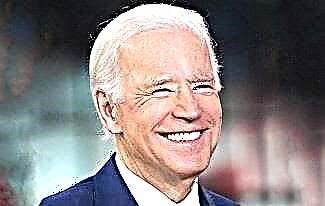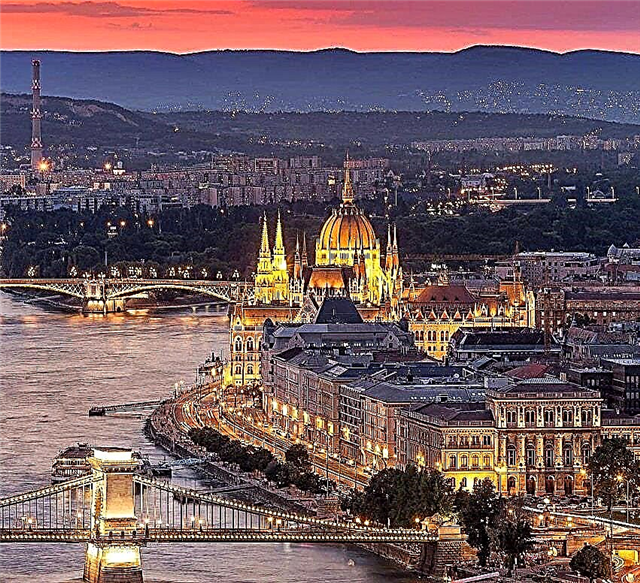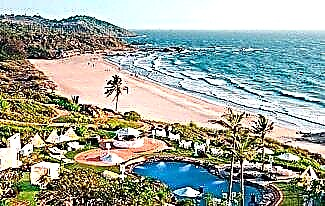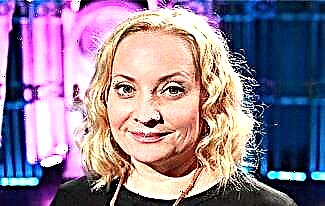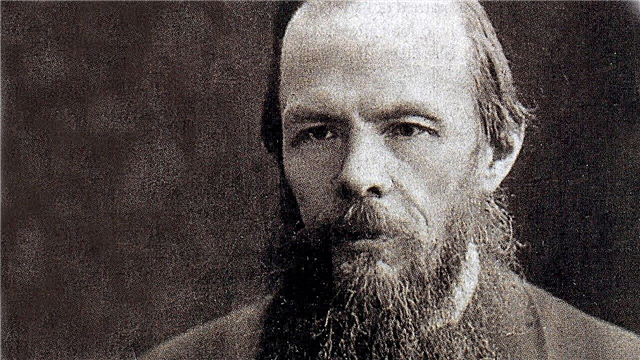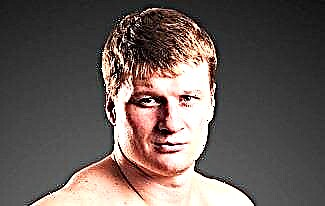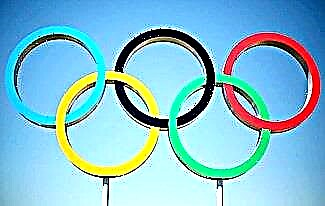The future ruler of the Russian Empire, Alexander III, was born into a Russian-German family in 1845. Nevertheless, the emperor was called a "peacemaker" because of his noble deeds. Alexander III strengthened the Russian Empire, made many reforms for local residents, and established partnerships with neighbors. Next, we suggest viewing more amazing and interesting facts about Alexander III.

1.February 26, 1845 Alexander III was born.
2. Alexander III is the second son of Emperor Alexander II.
3. During his reign, he strengthened the role of central and local administration.
4. Signed the Russian-French union.
5. Alexander becomes prince in 1865 after the death of his older brother.
6.S.M. Soloviev was the mentor of the young emperor.
7. K.P. Pobedonostsev had the greatest influence on Alexander.
8. In 1866, the prince marries the Danish princess Dagmar.
9. The emperor had five children.
10. From 1868 Alexander became a member of the Committee of Ministers and the State Council.
11. Created the Voluntary Fleet, which contributed to the government's foreign economic policy.
12. Alexander was distinguished by thrift, piety and modesty.
13. The Emperor was interested in history, painting and music.
14. Alexander III allowed smoking in public places.
15. The emperor had a straightforward and limited mind, at the same time a strong will.
16. Alexander felt a strong dislike for the intelligentsia and liberalism.
17. The emperor adhered to the patriarchal-parental autocratic rule.
18. On April 29, 1881, Alexander issued a manifesto "On the inviolability of autocracy."
19. The beginning of the reign of Alexander III was characterized by increased censorship and administrative and police repression.
20. In 1883, the official coronation of Alexander III took place.
21. The emperor's foreign policy was marked by pragmatism.
22. During the reign of Alexander III, economic growth was observed.
23. The emperor was distinguished by cruelty and willful character in regard to domestic politics.
24. Alexander III invented tarpaulin boots.
25. The Emperor was a loving and caring husband.
26. Alexander III had a strong passion for alcoholic beverages.
27. The Tsar was distinguished by his heroic figure and "the look of a basilisk."
28. The emperor was afraid to ride a horse.
29. On October 17, 1888, the famous crash of the imperial train took place.
30. For his loyal foreign policy, Alexander was nicknamed "peacemaker".
31. The emperor wore modest clothing made of coarse fabrics.
32. Alexander has significantly reduced the staff of the ministry and the annual balls.
33. The emperor showed indifference to secular fun.
34. Alexander himself fished and loved simple cabbage soup.
35. "Guryevskaya" porridge was one of Alexander's favorite delicacies.
36. The emperor lived for thirty years with his lawful wife.
37. The king was very fond of physical activity and regularly went in for sports.
38. Alexander III had a height of 193 cm, broad shoulders and a strong figure.
39. The emperor could bend the horseshoe with his hands.
40. Alexander was unassuming and simple in everyday life.
41. The young emperor was fond of painting and painted portraits himself.
42. The Russian Museum was founded in honor of Alexander III.
43. The emperor was well versed in music and loved the works of Tchaikovsky.
44. Until his death, Alexander supported ballet and Russian opera.
45. During the reign of the emperor, Russia was not dragged into any serious international conflict.
46. Alexander introduced a number of decrees that made life easier for the common people.
47. The Emperor influenced the completion of the construction of the Cathedral of Christ the Savior in Moscow.
48. Alexander III was very fond of Russia, therefore he constantly strengthened the army.
49. "Russia for the Russians" - a phrase that belonged to the emperor.
50. Russia did not fight a single day during the reign of Alexander III.
51. During the reign of the emperor, the number of the Russian population increased significantly.
52. Alexander III built 28,000 versts of the railway.
53. The number of sea and river steamships has increased significantly.
54. In 1873, the volume of trade grew to 8.2 billion rubles.
55. Alexander was distinguished by a serious sense of respect for the state ruble.
56. In 1891, construction began on the strategically important Trans-Siberian Railway.
57. During the reign of the emperor, new industrial regions and industrial cities arose.
58. The volume of foreign trade by 1900 increased to 1.3 billion rubles.
59. Alexander III saved Europe from war many times.
60. The emperor lived only 49 years.
61. In 1891, the silver wedding of the emperor was celebrated in Livadia.
62. For his clumsiness Alexander was called Sasha the bear.
63. The emperor was distinguished by an unusual sense of humor.
64. The head of the empire was devoid of aristocracy and dressed very simply.
65. The most prosperous in the Russian empire was the reign of the thirteenth emperor.
66. Alexander III proved himself to be an imperious and firm politician.
67. The emperor liked to hunt in his free time.
68. Alexander III was very afraid of attempts on his life.
69. Up to 400 thousand peasants were resettled to Siberia.
70. The work of women and young children was restricted during the reign of the emperor.
71. In foreign policy, there was a deterioration in Russian-German relations.
72. The second son of the imperial family was the Grand Duke Alexander III.
73. In 1866, the emperor went on a trip to Europe.
74. In 1882, the "Temporary Press Regulations" were introduced.
75. Gatchina became the main residence of the emperor.
76. Ceremonial and court etiquette became much easier under Alexander III.
77. The royal balls were held only four times a year.
78. Alexander III was an avid art collector.
79. The emperor was an exemplary family man.
80. Alexander donated large sums for the construction of temples and monasteries.
81. The Emperor loved fishing in his free time.
82. Belovezhskaya Pushcha is the Tsar's favorite hunting place.
83. V.D. Martynov was appointed manager of the royal stable.
84. Alexander was ashamed of large masses of people.
85. The Emperor has canceled the May parade, beloved by Petersburgers.
86. During the reign of the emperor, the peasants were barred from elections.
87. In political cases and legal proceedings, publicity was limited.
88. In 1884, the autonomy of universities was abolished.
89. During the reign of Alexander, tuition fees in higher educational institutions increased.
90. In 1883, radical publications were banned.
91. In 1882 the Peasant Bank was first established.
92. The Noble Bank was founded in 1885.
93. In his youth, the emperor was an ordinary guy without special talents and abilities.
94. Nikolai Alexandrovich was the elder brother of the emperor.
95.D.A. Tolstoy was appointed minister of the interior during the reign of Alexander.
96. The emperor tried in various ways to suppress the opposition press.
97. All of Europe was shocked by the death of the Russian Tsar.
98. Chronic nephrite caused the death of the emperor.
99. Alexander III died in Crimea on November 1, 1894.
100. The funeral of Alexander III took place in St. Petersburg on November 7.


